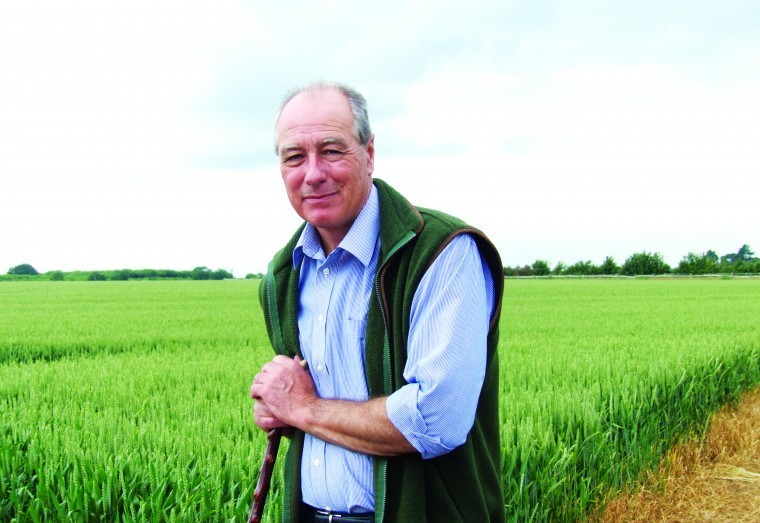In the final paragraph of last month’s article I highlighted that if the Conservative party was re elected with a majority it would have time to sort out a UK agricultural policy.
I am glad I included the caveat as the rest is now history and with no majority, getting the Queen’s speech through the House of Commons is a challenge for the prime minister and the Conservatives, never mind a strategic agricultural policy.
About the only thing that the Conservative party seem agreed on at the moment is that they do not want another general election and that is probably wise from a self preservation perspective.
Brexit was certainly a key part of the Conservative campaign and while there was little detail it was clear that Theresa May wanted a large majority to drive through what increasingly looked like a hard Brexit on World Trade Organisation terms and that was rejected by the electorate.
From farming’s perspective, I think that is good news as clearly with the situation of a minority government there is going to have to be compromise in the negotiations with Europe and parliament over any eventual deal. Whether any deal can actually pass through the House of Commons is debatable as Brexit begins to look like a politically toxic issue. The one possibility that has increased is a second referendum with a choice between staying in the European Union and leaving on the negotiated terms.
That would actually be an informed choice whereas last time it was stay or take a leap into the unknown. I fully accept the majority took the leap into the unknown but without any information on what they were actually voting for.
So to the Queen’s speech and what it holds for agriculture. Clearly there is an agriculture bill with little detail beyond the commitment to support agriculture to the same degree and broadly similar terms as currently under the basic payment scheme until 2022 or practically the lifetime of this parliament which may be significantly less than five years. Nonetheless this is a welcome commitment while a full UK policy is evolved. There is no 25 year food and farming plan and probably little point wasting much time on detail until we see the Brexit deal.
There is an immigration bill where the needs of agriculture have been ignored. A commitment to bring forward a bill that ensures access to the brightest and the best is not going to help the horticultural sector. For harvesting workers it is a simple ask: a permit system that ensures people come to the UK for a finite time to fulfil a job that has been offered and leave at the end of that period.
It is a little more complex for the food processing sector but again an extended work permit should deal with that. More generally if the UK economy is to continue to grow we do need immigration in the region of 200,000 people a year and without that there will be negative implications for growth. Clearly nobody intentionally voted to make us poorer as an economy and a country when they voted to leave the EU and that is a challenge for government.
Finally there is a promised trade bill and that is really the heart of Brexit and key to the future of agriculture and the UK economy. Without doubt we need full tariff free access to the European market with no non tariff barriers. I struggle to see how we reconcile that with Theresa May’s free trade agreement wish list as Europe will insist that we maintain external tariffs to match the EU levels. That is effectively membership of a customs union. Transitional arrangements are an issue and clearly continued membership of the customs union is the simplest option but it is where we are transitioning to and the time scale involved that are key. And if it is to a customs union arrangement then ultimately the question has to be whether nationally that is preferable to continued membership of the EU. The uncertainty was a problem which the general election has made worse not better but it may yet result in a better outcome for the UK and Europe.
So back to the real world of farming. The rain in the second half of May transformed crops and the subsequent storms and showers have continued the progress. Sunshine has been in abundance with high temperatures driving crops on towards an early harvest.
We are already applying pre harvest glyphosate on the 22 June so clearly harvest will be 10 days early. Oilseed crops continue to look very well and should fulfil their potential. Wheats are clean where good fungicide programmes have been applied but any spray misses have serious rust infections so the disease pressure is there.
Spring crops – both barley and beans – have withstood the early drought well and also look to be full of potential. Again both are very clean where fungicide programmes have been applied. The hot weather has had an effect across much of Europe and into the Ukraine so we are seeing a reflection of crop conditions in the market as well as the currency weakness in the pound. Taking prices and crops together I am still encouraged by the financial prospects of this year’s harvest. The political uncertainty will just have to stay in the background as we see how things evolve with time.




